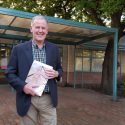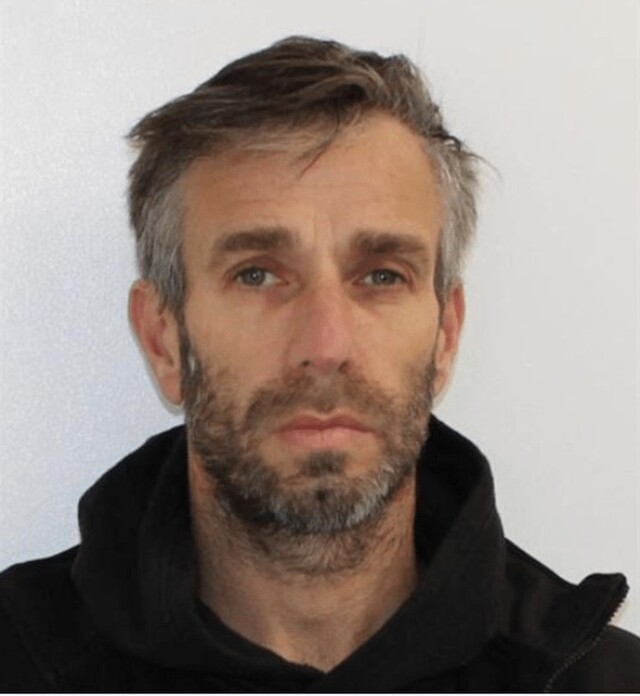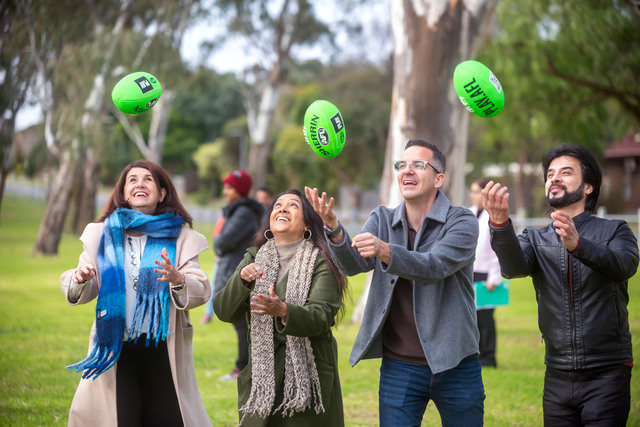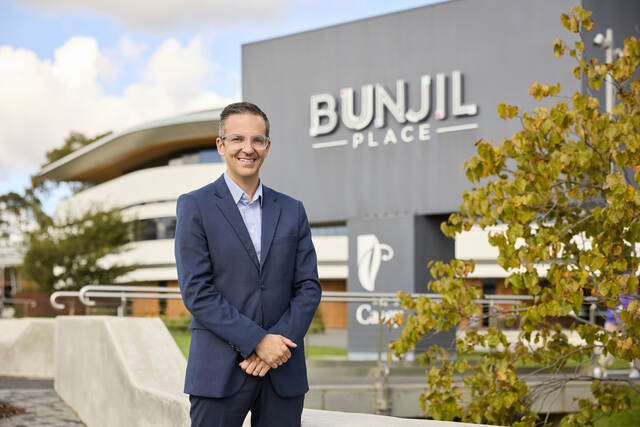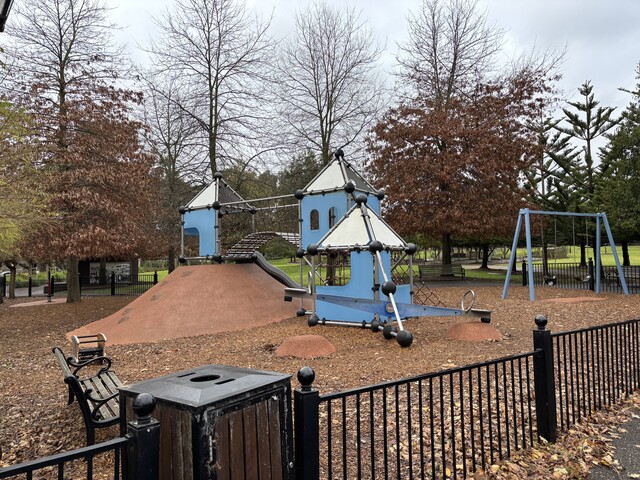By Cam Lucadou-Wells
“LOCK ’em up and throw away the key” won’t quell the spate of Apex Gang-style young offenders, former state Attorney-General Rob Hulls has told a south-east Melbourne community legal centre’s audience.
Mr Hulls told the Springvale Monash Legal Service AGM on 26 October that education was an “absolute key” to stopping the region’s recidivist car-jackers and home invaders.
“Why don’t we think as a community – instead of sending a kid to a youth detention centre for two or three weeks – that we send them to youth detention until they complete year 11 or year 12?”
With an audience including two Dandenong-based magistrates, Mr Hulls said a holistic approach was much cheaper in the long-run.
Under such a regime, offenders’ underlying problems such as drug and alcohol abuse and skipping school would be treated.
This improved the chances of stemming the cycle of re-offending when they were released.
Just locking up offenders for longer and building more prisons didn’t make the community safer and was a “nonsense“, Mr Hulls said.
He warned that governments were moving down a costly road of spending more on prison beds than hospitals or schools.
Aside from some “bad buggers that just need to be locked up”, prisoners commonly grew up in family violence, had mental health or drug issues, or acquired brain injuries.
Those issues weren’t being treated within prisons which were the 21st century’s “asylums”, Mr Hulls said.
He urged community legal centres to spruik for the long-term savings of a “therapeutic” approach while arming themselves with State Ombudsman Deborah Glass’s 2015 report on the costliness of prisons.
“I’d be grabbing that (report) and using it on a daily basis.”
Mr Hulls served as state Attorney General in the Bracks and Brumby governments from 1999-2010.
He said it was a fight to maintain legal aid and community legal centre funding at the Cabinet table due to a misperception that it was “money for lawyers”.
Now the director at the RMIT University-based Centre for Innovative Justice, Mr Hulls said the centre teamed law and social work students with professionals to help Dame Phyllis Frost Centre prisoners.
The students followed up with prisoners six months later to clear stressful real-world problems such as family law disputes, housing, and finances that could de-rail them into re-offending.
Mr Hulls said the combined social work and legal degree offered by RMIT was “where the future lies” in legal practice.
It gave students a practical feel for what the legal process looks like, he said.
The centre has called for new models of justice – such as restorative conferencing between victims and perpetrators – for sexual offences and culpable driving.
Mr Hulls stated that just 1 per cent of sexual assault victims reported the crime, were followed up by police, went to trial and secured a conviction against the offender.
“Are we saying an adversarial system is all we have to offer to victims of sexual assault?”
In culpable driving offences, usually it involves a “mate killing a mate” smashing into a tree.
Mr Hulls wondered if jail was the best outcome for the driver who had to live with killing his mate or the victim’s family, who was searching for answers.
He noted the UK’s moves towards cyber courts and said Australian courts “designed by lawyers for lawyers” had to be more user-friendly.
“We should be putting the user at the centre of designing a legal system.”

